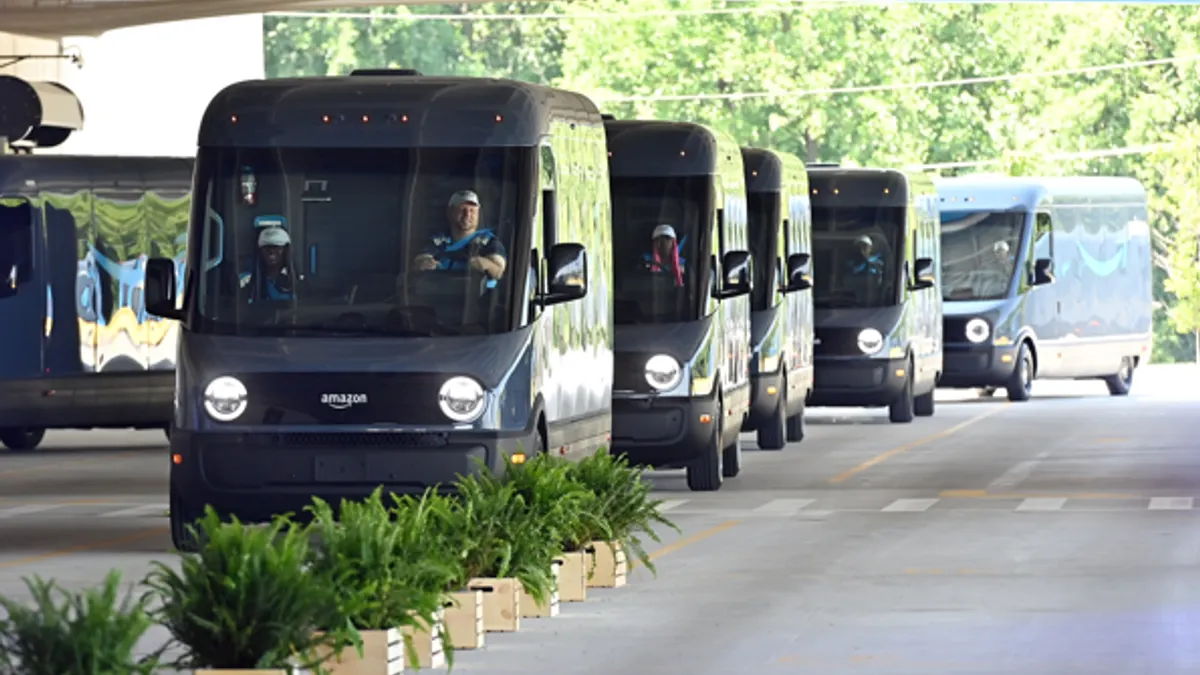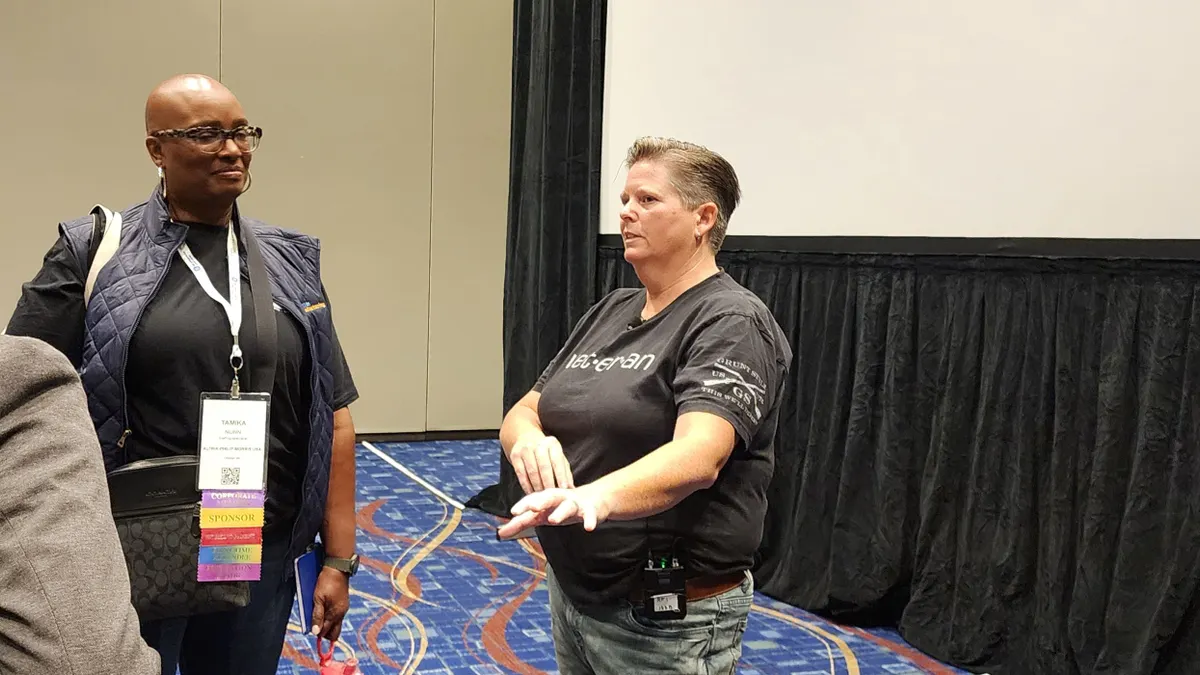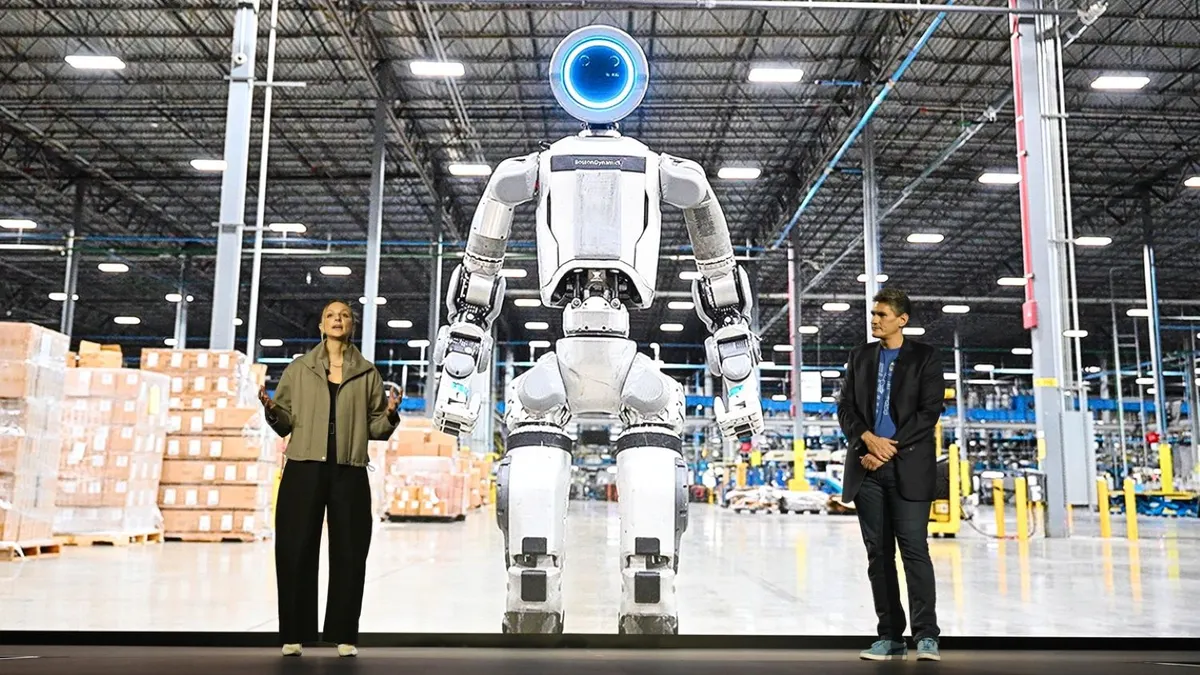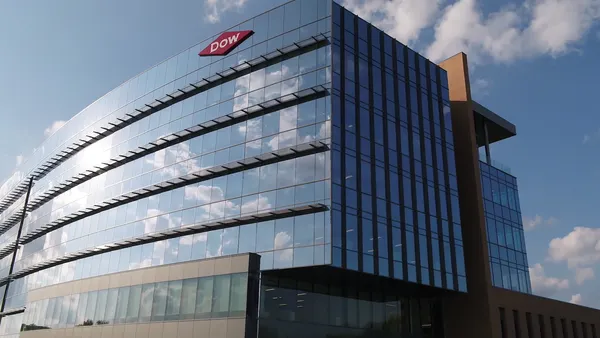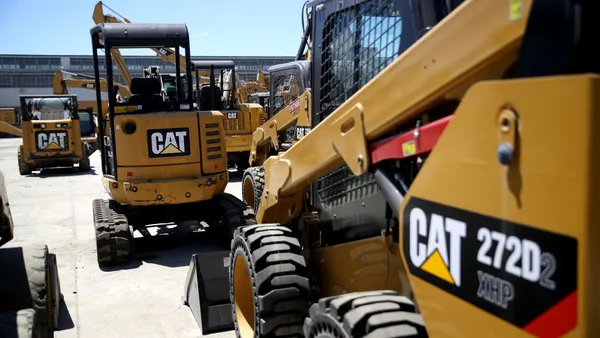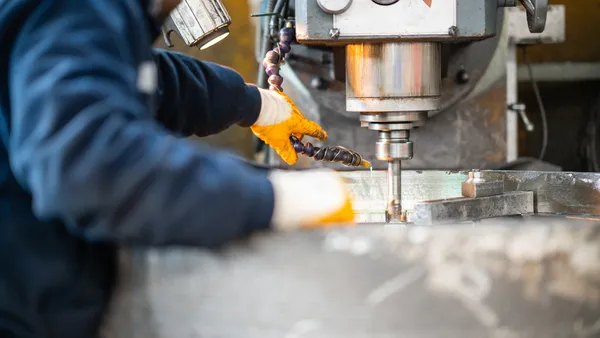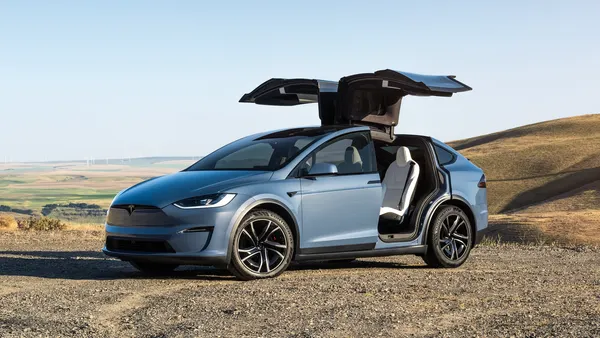NOVI, MICHIGAN — A chaotic global business environment fueled by tariffs between the U.S. and its major trading partners has inspired a quick-thinking mindset among automakers, according to representatives from Rivian and Toyota Motor North America.
During a panel discussion at AutoTech2025, Chris Nevers, senior director of global policy development for Rivian, stressed the importance of being nimble as long as trade policies remain in flux. He said it's important to be ready to respond but also not overreact and stay on course as much as possible.
“You know your North Star, and you have to know what you can either be flexible on or need to be flexible on,” he said.
For Toyota, the automaker has streamlined its coordination and communication process companywide, said Adam Farris, director for international trade and supply chains for Toyota Motor North America.
“Our ability to more quickly share that information with the right people within our company and with our stakeholders in different equities, get feedback, analyses, has really quickened,” Farris said. It has become a necessity as tariffs “are certainly a cost to our industry,” he added.
While also dealing with U.S. tariffs on imports, automakers must also cope with duties placed on U.S.-built products destined elsewhere in the world. In Rivian’s case, Nevers said the EV manufacturer still plans to build delivery vans in the U.S. for use in Europe by Amazon despite the duty that will be charged on those vehicles. Market demand is driving that decision.
“We export vans to Germany with Amazon,” he said. Nevers later added that "if you want to dominate the energy scene, it’s not just burning more energy, it’s being smart about it.”
The recent wave of tariffs has led to automakers spending more time meeting with lawmakers, educating them on the implications of changing trade policies. Farris said Toyota has had numerous meetings in recent months with the White House and members of Congress.
But Toyota isn’t alone, Farris noted. “I live in D.C., and I’ll tell you this, I don’t have to look for a hotel room, but the streets are getting crowded.”
A priority for Toyota is preserving the United States-Mexico-Canada Agreement. The automaker manufactured 123,456 Tacoma pickup trucks in Mexico between January and July last year, of which 113,611 were shipped to the U.S. in that same period, according to The Mexican Association of the Automotive Industry A.C.
“The importance of USMCA as a trade agreement and the importance specifically to the auto industry, is something that we’re communicating with our policymakers and the administration,” Farris said. The agreement is scheduled for a joint review in July 2026.
He said the USMCA allows North American automakers to compete globally.
“Certainly in the context of most USMCA discussions that the administration is having and continues to have with Canada, Mexico is to ensure that the United States and North America remains and grows as a globally competitive destination,” Farris said.
While Rivian and Toyota have a U.S. manufacturing presence, Nevers noted that policy actions to encourage more domestic production won't result in supply chains shifting overnight.
“To qualify a supplier, it’s not a matter of weeks, or maybe even months, sometimes a year for some of these components,” he said. “It’s not something that we just decide to pick up the phone and change suppliers.”
Disclosure: AutoTech2025 is run by Informa, which owns a controlling stake in Informa TechTarget, the publisher behind Automotive Dive, which reported this story. Informa has no influence over Automotive Dive’s coverage.


